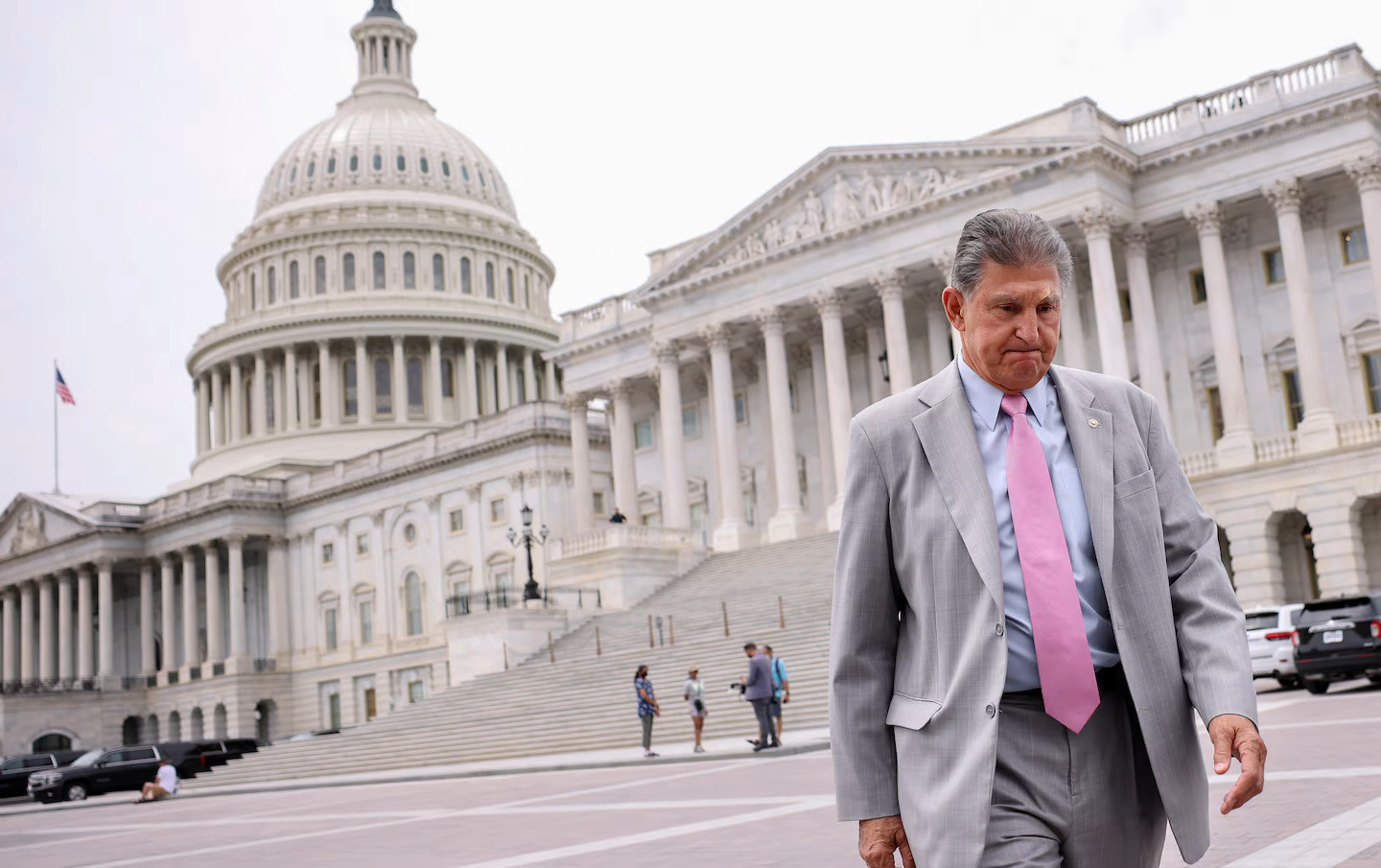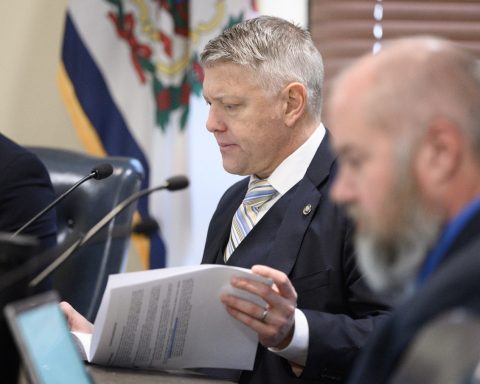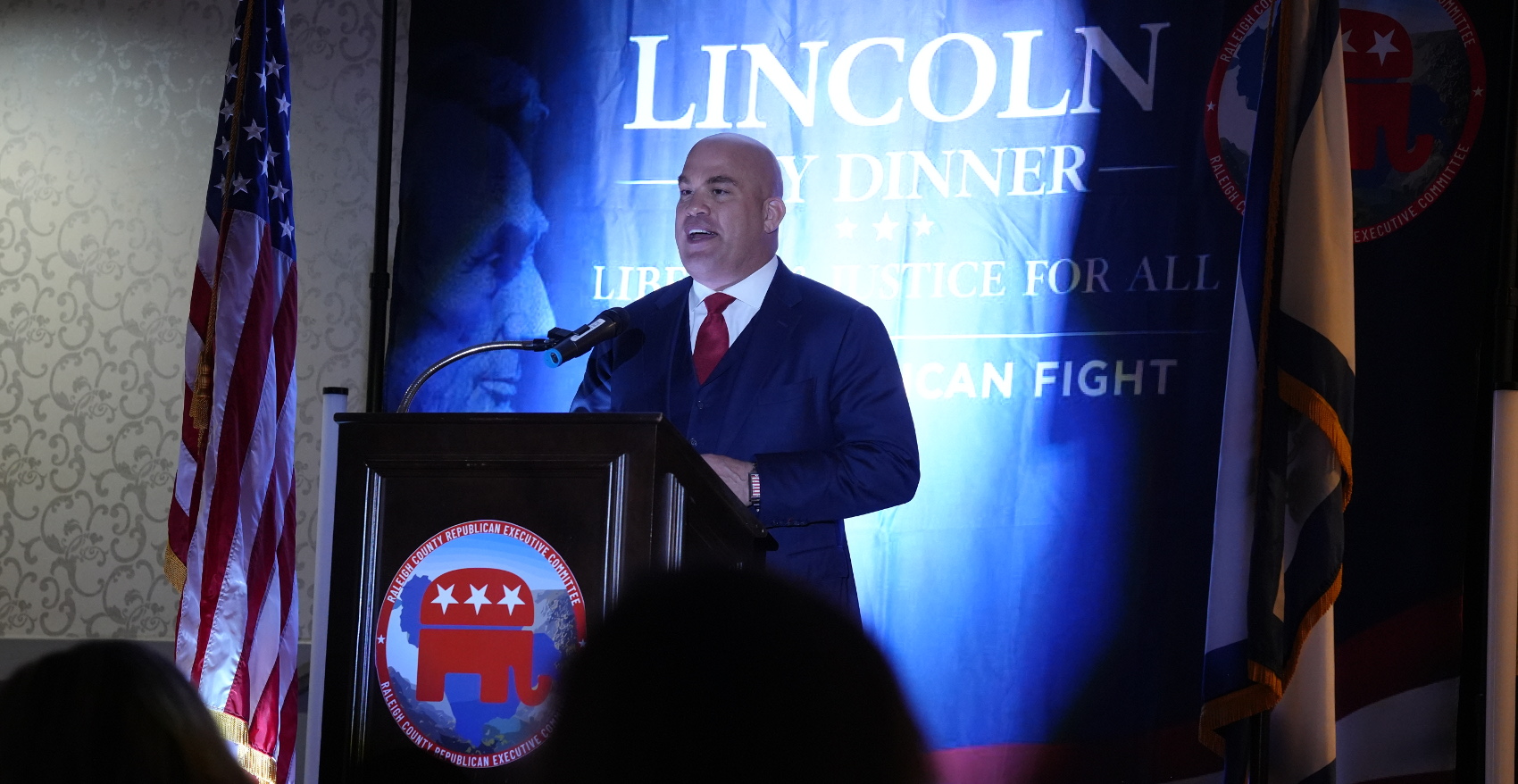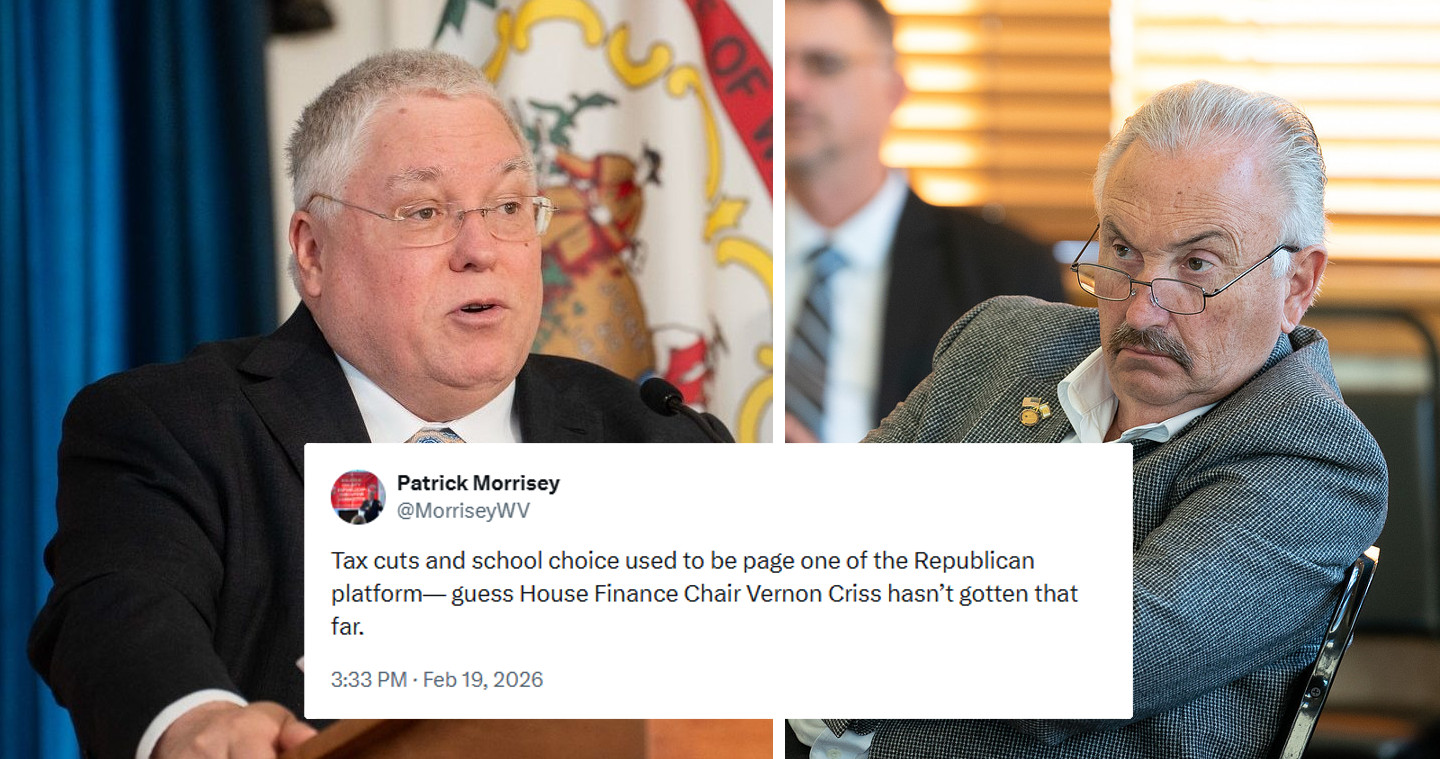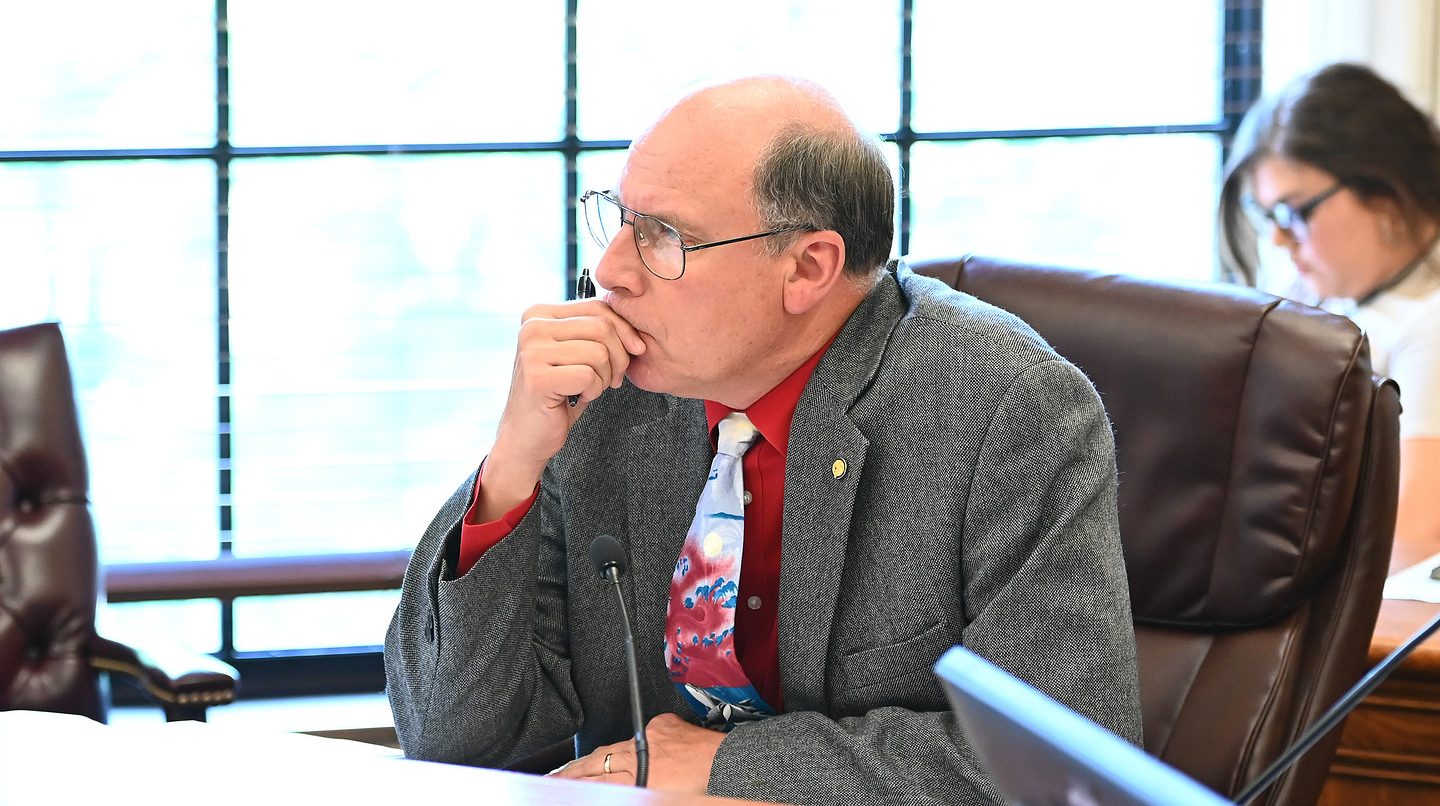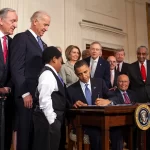Joe Manchin has proven to the rest of the country that there are unique situations where partisan elections can force bipartisanship.
Just a few months ago, Manchin committed what many politicos believed to be political suicide. He voted to impeach Donald Trump, the most popular president in West Virginia history since John F. Kennedy.
With four years remaining on his six-year senate term, 2020 produced a democratic takeover of the House and Senate. Far-left democrats thought passing policies was going to be easy; however, Manchin saw this as an opportunity to miraculously resurrect the corpse of his electability. He not only seized this opportunity, but he likely performed one of the most significant miracles in West Virginia politics.
In 2014, registered Democrats in West Virginia fell below 50% for the first time since 1932. Last year, registered Republicans now outnumber Democrats in West Virginia 36.8% to 36.5%, and that division is only growing. There is also 22.59 percent of West Virginians who are registered as unaffiliated, and these voters are usually more conservative and vote republican.
So, how is Manchin (a registered Democrat) able to maintain political power? Naturally, he has to capture a percentage of Republican and conservative unaffiliated voters. This can only be done by being bipartisan.
So, it actually forces Manchin to be more accountable to the desires of his state, even compelling him to act against the wishes of his party if he desires to stay in power.
While our political party system is imperfect, it does have some benefits. It prevents radicals from hijacking positions and turning them into hyperpartisan positions without levels of accountability.
Any position or legislative body that risks the potential of being politicized should unquestionably be a partisan position. People should know what they are voting for, and when you do not have partisan elections, they have no idea who or what is truly on the ballot.
For example, if you live in a conservative community where the majority of voters are right-leaning moderates and conservatives, an ultra-liberal democrat politician could never win political office in a general election. However, a conservative democrat would have a shot at potentially winning. If they didn’t hold true to their conservative democratic position, they would ultimately be expelled in the following election and they would be exposed as being more loyal to their party than to the majority of their constituents. Party elections force transparency.
Nonpartisan elections also open up the door to deceptive tactics like ‘vote fracturing,’ where political operatives recruit as many candidates as possible to run as the “ideological opposites” to their preferred candidate just to split the votes. It’s much more difficult to do this in a partisan election with a party nomination process.
Manchin has shown us the value of political parties in the United States, revealing the unique way that it can create greater accountability to our elected officials, allowing voters to clearly observe whether they are controlled by party motives or the people. In this, it can actually prevent extremist ideologies from taking hold, resulting in a more favorable environment that can at some point unify a divided nation.

